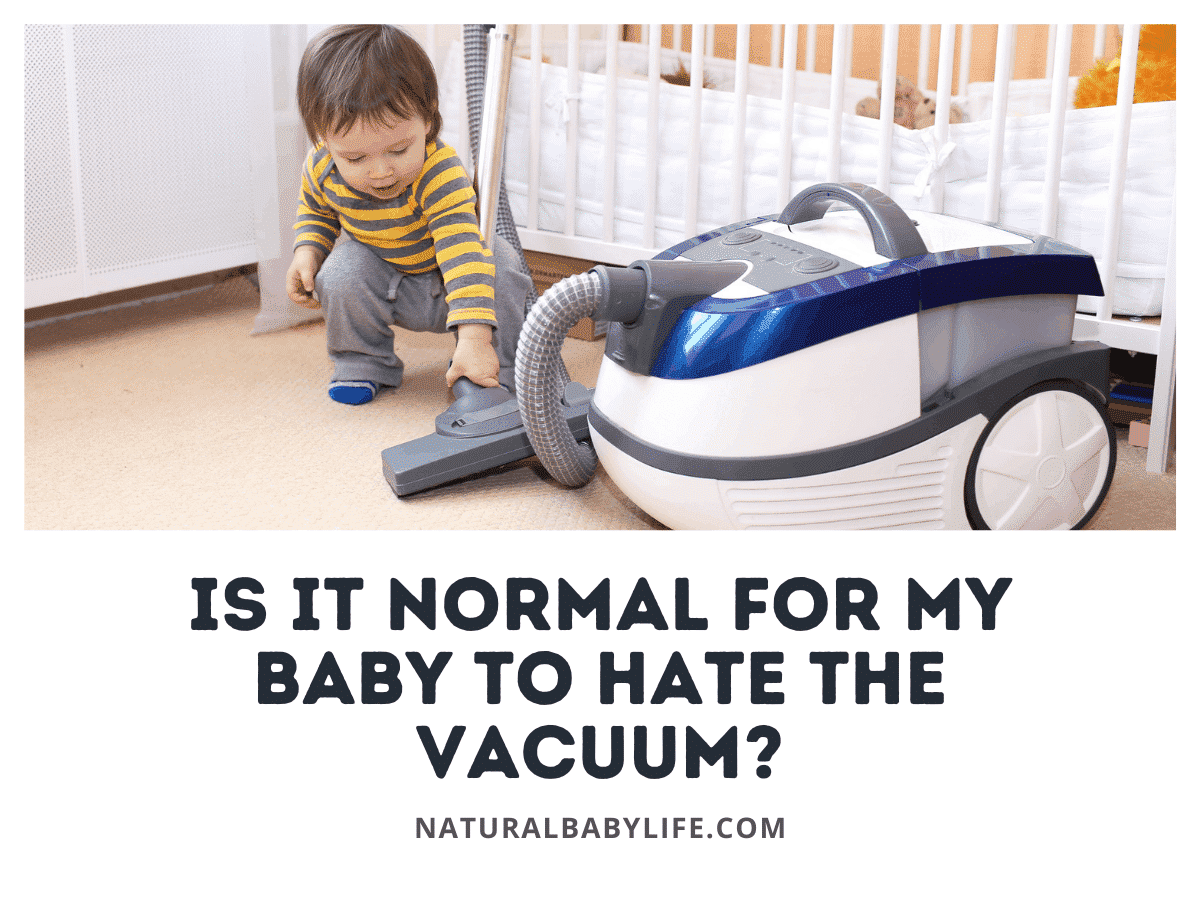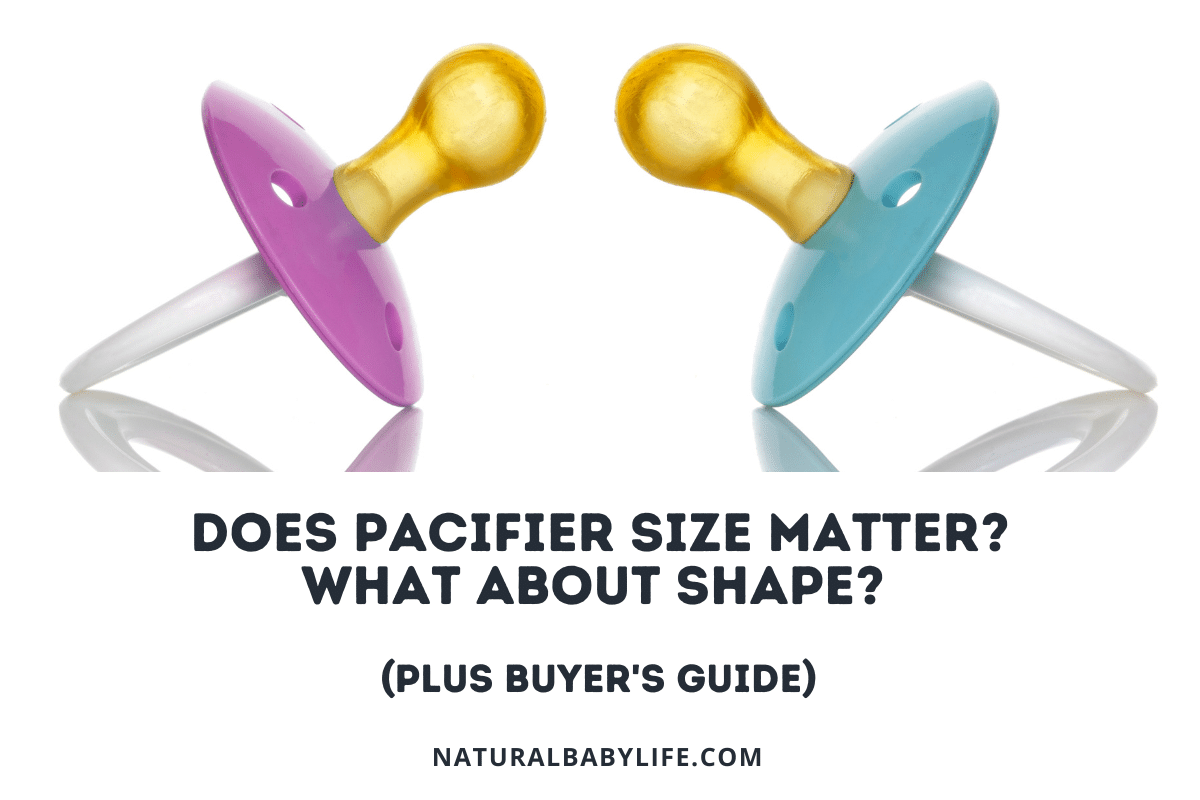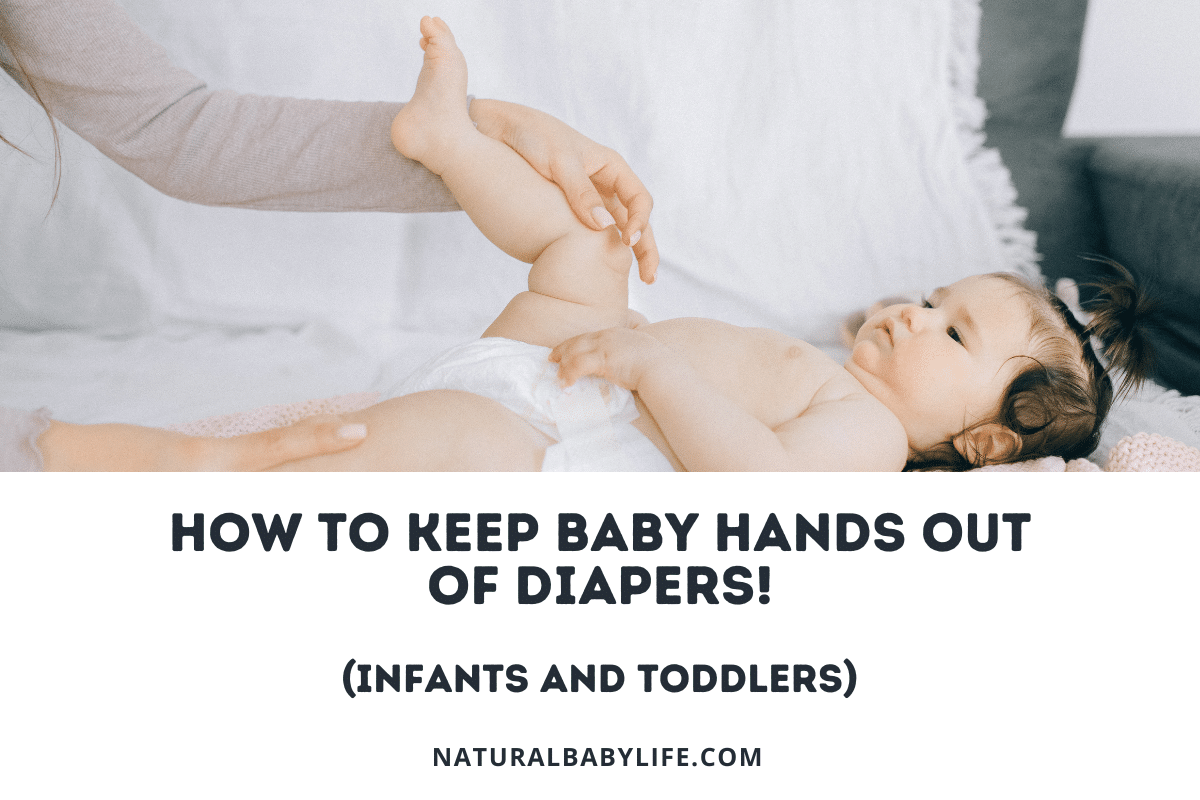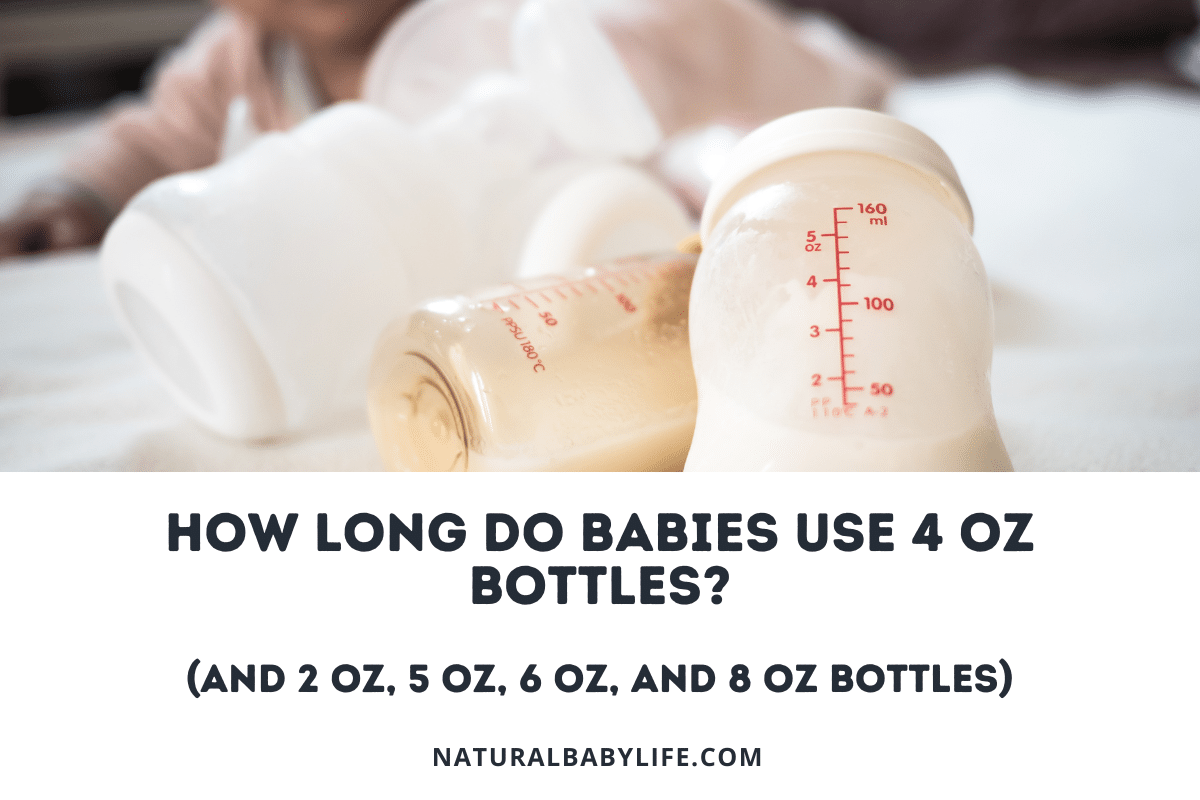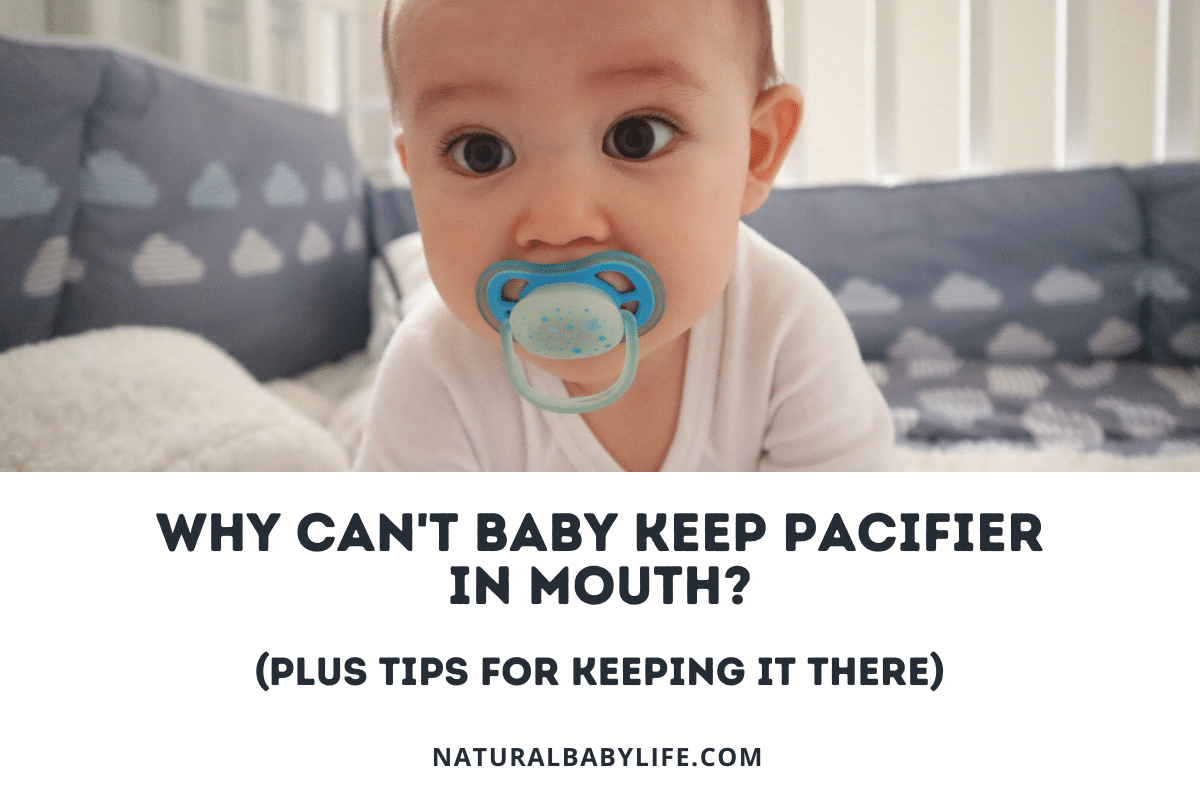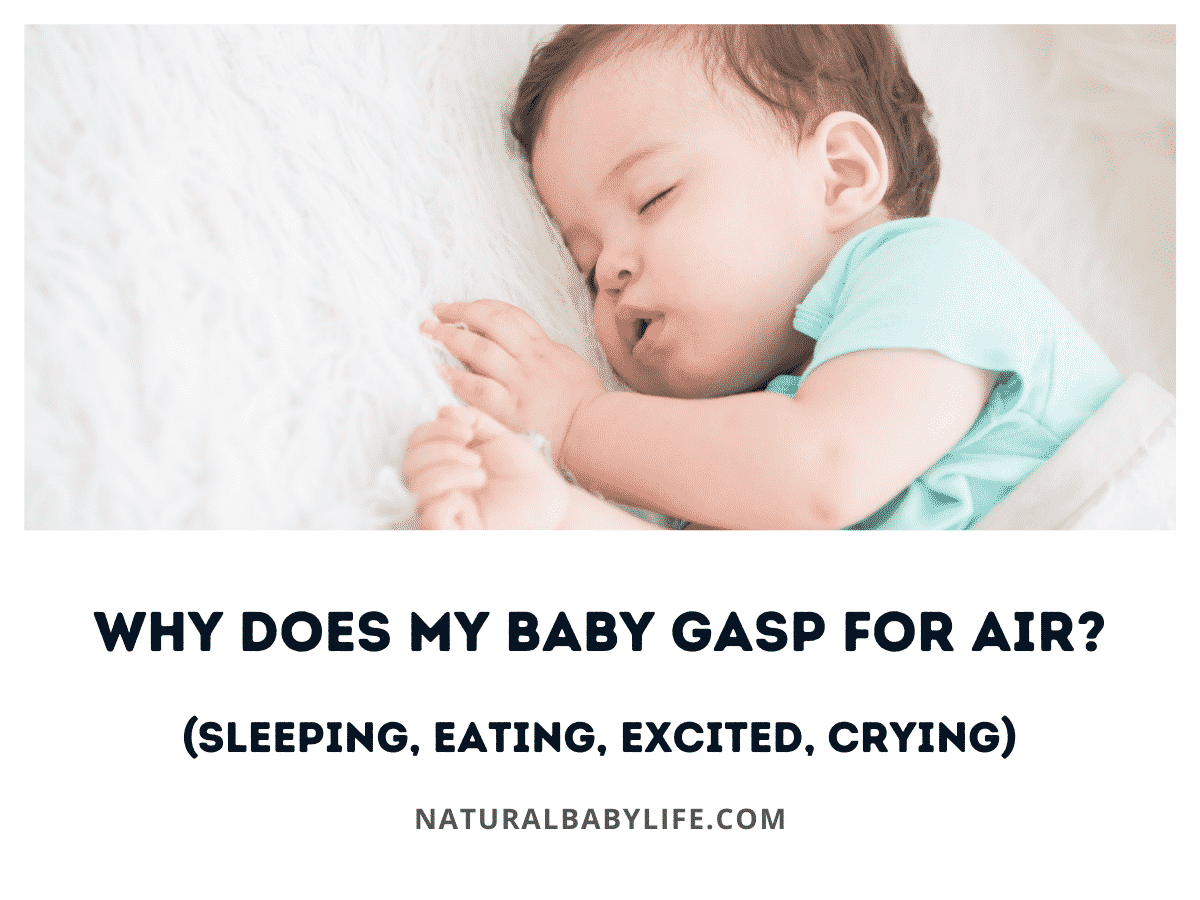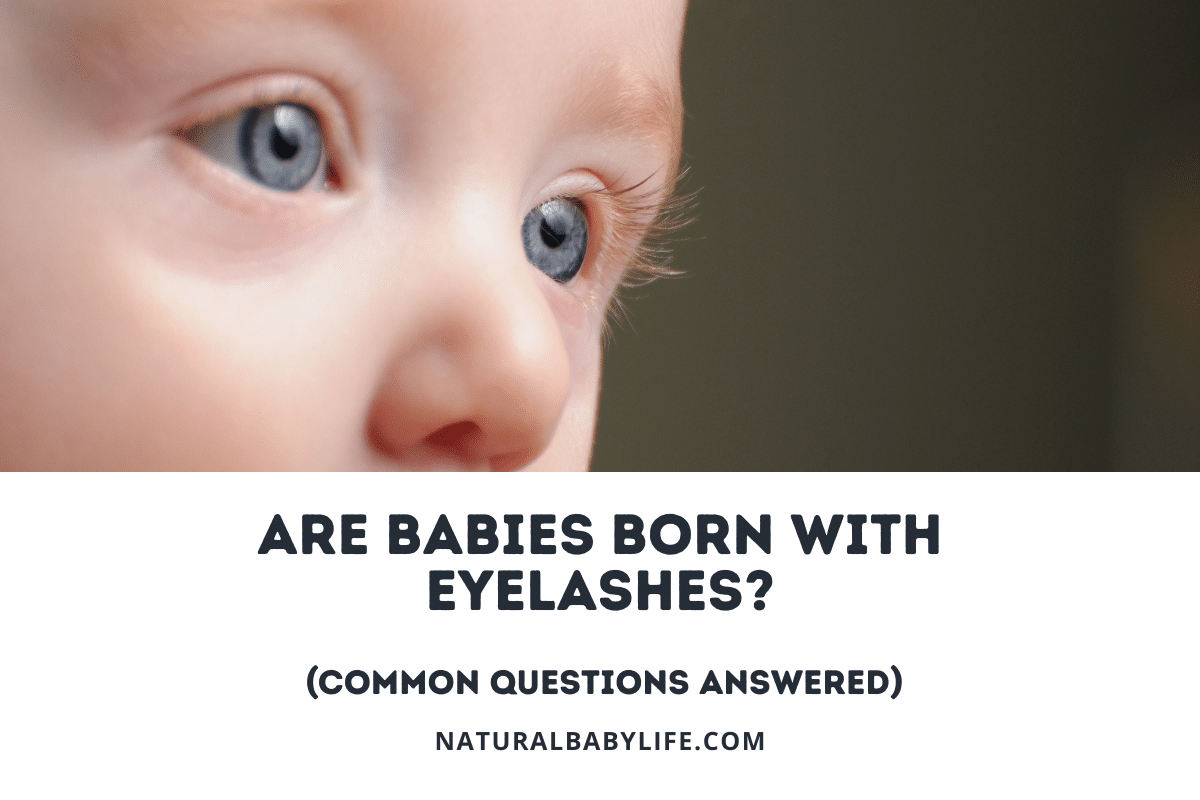Although cleaning is rarely a fun activity, straightening up can be next to impossible with a little one in tow. Babies can be messy, clingy, mischievous, and, to top it all off, scared of the vacuum.
Is it normal for my baby to hate the vacuum? It’s actually quite normal for babies to be afraid of the vacuum. Babies’ nervous systems are immature, which makes it hard for them to process loud noises. Vacuums usually operate at around 70-80 decibels, which is about four times louder than regular home conversation!
Even if it’s normal for your baby to hate the vacuum, that doesn’t change the fact that cleaning can be nearly impossible if your little one dissolves into tears every time you go to vacuum the floor. Keep reading for some tips on successfully vacuuming without terrifying your baby.
Table of Contents
Why is my baby scared of the vacuum?
Newborns spend their first nine months in the womb: a calm, insulated environment where all the outside noise of the world is muffled by the constant sound of a mother’s heartbeat and blood flow. After birth, babies are inundated with a flood of new sights, smells, sensations, and sounds. All that new sensory information takes some time to get used to, and extra stimulating situations can be too much for a baby to handle.
Vacuums definitely fall into the ‘extra stimulating’ category. They’re loud, they’re big and flashy, and they move around sucking stuff up. If I were a baby, I’d be terrified of the vacuum too! Vacuums usually operate at around 70-80 decibels (a measure of sound intensity).
In comparison, home conversation is usually only 50 decibels or so. Because decibels are measured on an exponential scale, vacuums end up being nearly 4 to 8 times louder than the home environment that babies are used to. When you flip on the vacuum, the increase in noise level floods your little one’s brain with too much sound information to process, leaving your baby feeling overwhelmed and scared.
Baby sensitive to the sound of a vacuum
Young babies are usually the most sensitive to the actual volume level of the vacuum.
Newborns still have immature nervous systems, so any extra sounds or sensations can overwhelm them pretty quickly. As your child grows older they’ll be less sensitive to the volume level of the vacuum, but they may remain afraid of the vacuum for other reasons. Toddlers have usually figured out that vacuums suck stuff off the floor, so they may be worried they or their toys will be sucked into the machine.
Luckily, whatever the reason behind your child’s fear of the vacuum, they should grow out of their worry in a few years.
Is it okay to vacuum around my baby?
Loud noises can cause hearing loss, especially in young children whose bodies and minds are still developing.
Even though the vacuum can be loud, most scientists agree that unless your child is listening to a vacuum for more than 8 hours at a time, the noise of a vacuum shouldn’t cause a baby any harm.
But vacuums can be dangerous to babies for reasons other than the noise they make. Vacuums are big pieces of machinery, especially when compared to a small baby. Vacuums also have parts that can spin very quickly, and cords that your little one could become tangled in. If you are vacuuming around your baby, make sure that you keep them away from the vacuum and out of reach of the cords. It’s best to keep your little one safe in their crib, in a high chair, or in a baby carrier while you’re vacuuming, in order to reduce the risk of a dangerous accident.
Is vacuum too loud for newborn
If you’re worried about the decibel level of anything in your household (vacuum, toys, etc.) there are many free decibel-meter apps available for download on most smartphones that can help you track the sound exposure in your home.
Most vacuums operate around 70-80 decibels, which can be annoyingly loud, but isn’t quite loud enough to be unsafe. 70 decibels is usually considered the cutoff for hearing loss, so even vacuums that are extra loud are only likely to harm your baby’s hearing after extremely long exposure (8 hours or more).
A more common source of hearing loss for babies is actually their toys. Many new toys for children can make sounds that are extremely loud, especially at close range. Some toys even produce sounds louder than 120 decibels (about the same noise intensity as a live rock concert!)
How do you vacuum with a baby?
Just because your baby is scared of the vacuum doesn’t mean that the dirt and crumbs don’t pile up on the carpet. Luckily, there are a few tricks you can try to make vacuuming with a baby possible:
Wear your baby
Wearing your baby in a carrier can help keep them calm while you’re vacuuming. Not only is the close contact comforting for your little one, but keeping them up and off the floor can help reduce the noise they’re exposed to in the first place.
Talk to your baby
Your voice is one of the most comforting sounds in the world for your baby, so talking to them while the vacuum is running can help keep your little one calm. It can also convey the message that you aren’t scared of the vacuum, so your baby doesn’t need to be scared of it either.
Get hands-on
New things can be scary to a baby, so ‘introducing’ your child to the vacuum can help make the machine less frightening. Let your little one explore the vacuum when it’s not running (make sure it isn’t plugged in and you’re supervising the situation closely). You can also let older toddlers who are scared of the vacuum help with the chore by pushing the vacuum around with you.
Make it a game
Turning chores into a game is a sure way to help toddlers feel more comfortable with them, and vacuuming is no exception. You might even consider purchasing your child a toy vacuum so that they can ‘help’ you when it comes time to clean the house.
Tag-team cleaning
If your baby just won’t stand the vacuum, try completing the chore when you have another set of hands to help you out. Your partner might hold and comfort the baby while you vacuum, or vice-versa.
Work through it
When all else fails, you may just need to let your baby work through their fear of the vacuum. Put your little one in a safe place, such as their crib, and run the vacuum around your house. The more often you run the vacuum, the more your little one will realize that nothing bad happens as a result of the chore.
Try it during nap time
Some babies will actually sleep through the vacuum just fine! The next time your little one is down for a nap, try running the vacuum around the rest of the house and see how it goes. Nap time just might end up being the best time for you to complete the chore.
Have someone else take the baby into another room
This one might seem obvious, but that’s just because it can be so effective! Let your partner hold the baby in another part of the house while you vacuum, or take the baby for a walk or a short drive.
Is baby being scared of the vacuum a sign of autism?
Some parents might worry that their child’s fear of the vacuum is an early sign of autism.
While autistic children might be scared of the vacuum, there are plenty of babies who aren’t autistic who dislike vacuums as well. For most children, their fear of the vacuum is just a common childhood response to a loud stimulus, and one which they outgrow given time.
Autistic children tend to have unusual fears that manifest very strongly in the form of phobias (fear of toilets, elevators, blenders, windshield wipers, weather, etc) that persist over time.
Is sensitivity to loud noises a sign of autism
Intense sensitivity to loud noises is a common autism symptom. For an autistic child, loud noises wouldn’t just be annoying; they might seem painful or unbearable. Even common noises can quickly become overwhelming: the sound of someone chewing, a crowded mall, or even the vacuum cleaner can cause someone with autism extreme distress.
Although sensitivity to noise can be a sign of autism, an autistic child would exhibit other symptoms, including:
- Sensitivity to touch
- Difficulty communicating
- Repetitive behaviors
- Difficulty socializing
If you’re concerned your child might have autism, speak with your pediatrician about your worries. They can perform a diagnostic screening as early as 18 months to determine if your child is on the autism spectrum.

